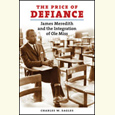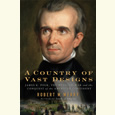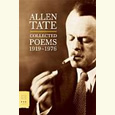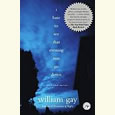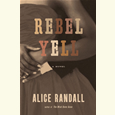In just over a decade, William Gay has gone from being an unpublished drywall hanger to one of Tennessee’s most acclaimed living writers. Often compared to William Faulkner, Erskine Caldwell, and Thomas Wolfe, Gay was born in 1943 in Hohenwald, Tennessee. After living in New York and Chicago in the 1960s and ’70s, he returned to his hometown—where he still lives—to work in construction by day and write fiction by night. His first novel, The Long Home, won the 1999 James A. Michener Memorial Prize. He subsequently published two novels, Provinces of Night and Twilight, and a book of short stories, I Hate to See that Evening Sun Go Down. In 2007 Gay was named a USA Ford Foundation Fellow, and in 2010 he will publish his fourth novel, The Lost Country.

